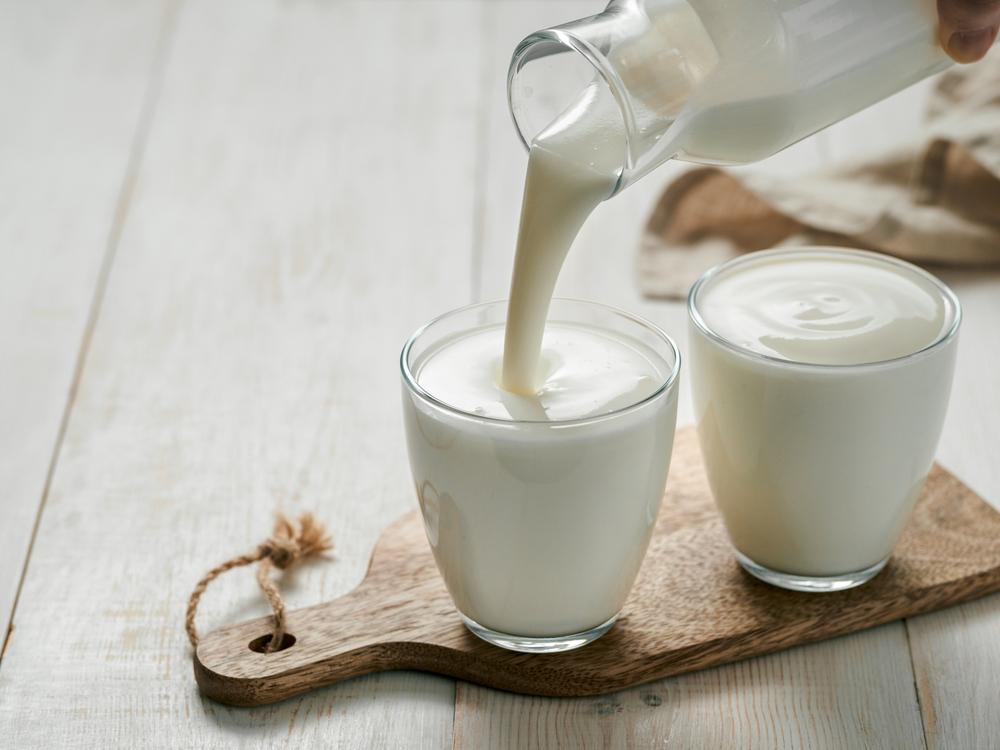ALBAWABA - A research study conducted by the University of Virginia School of Medicine has shed light on the important role of Lactobacillus, a bacteria found in yogurt and other probiotic-rich fermented foods, in managing stress levels and mental health.
The researchers were able to identify the key role of a specific type of bacteria called Lactobacillus among the numerous microorganisms that inhabit the human body.
This discovery represents an advancement in understanding the individual functions of different microbes, and has the potential to lead to the development of new treatments for a wide range of diseases, whether they be related to physical or mental health.
Lead researcher, Dr. Alban Gauthier, explained how lactobacilli found in the intestines can impact mood disorders and influence the immune system. He expressed optimism that this research could stimulate the development of targeted treatments for anxiety and depression.

Shutterstock
The report highlights the complex ecosystem of bacteria, fungi, and viruses known as the microbiota that reside in the human intestine. Recent scientific findings have confirmed the crucial role of these microbes in maintaining both immune and mental health.
Disturbances in the microbiota have been linked to various diseases, including cancer, prompting researchers to explore ways of controlling gut microbes, particularly through the use of probiotics.
However, microbiomes, which consist of approximately 39 trillion microorganisms, present a challenge in understanding specific bacterial functions and interactions.
To overcome this challenge, Gauthier's team took an innovative approach, using genetically modified bacteria that closely resemble those found in fermented foods and yogurt to conduct experiments on mice.

Shutterstock
The findings of the study revealed the significant impact of lactobacilli on regulating the stress response through an immune mediator called interferon-gamma, which plays a crucial role in combating depression.
This newfound understanding opens up the possibility of developing probiotic supplements that can enhance lactobacilli levels in individuals suffering from or at risk of depression.
This research could mark the start of a new era in mental health interventions by harnessing the power of bacteria found in fermented foods to combat depression and anxiety. Its results could provide hope for the millions of individuals struggling with these conditions and offer a potential avenue for the development of effective probiotic treatments in the future.









